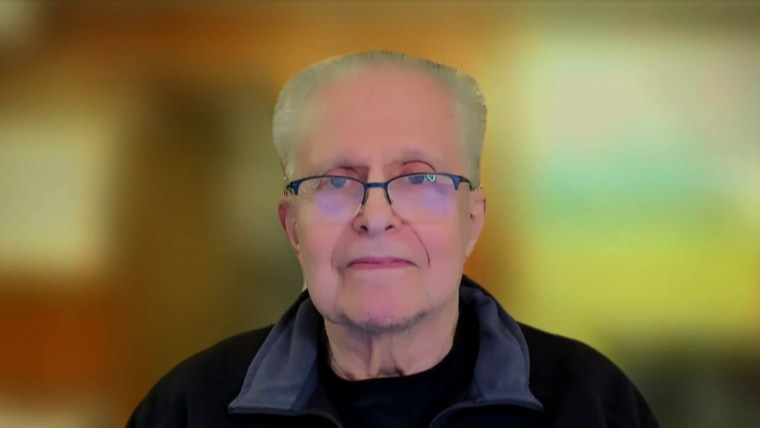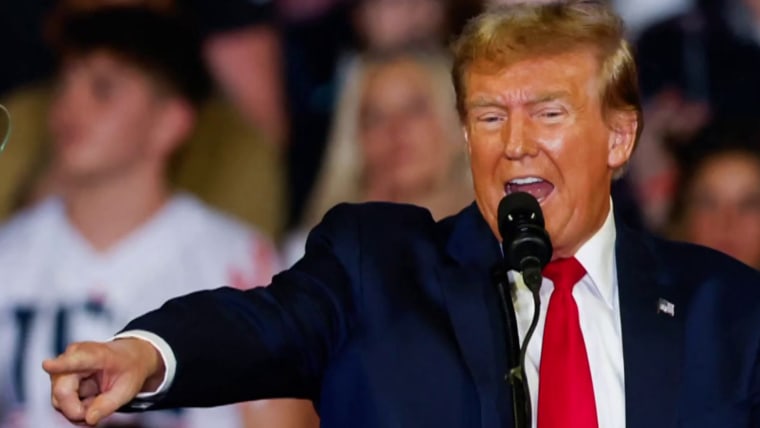In agreeing to hear former President Donald Trump’s immunity claim Wednesday, the Supreme Court identified the key issue to be decided as follows:
Whether and if so to what extent does a former President enjoy presidential immunity from criminal prosecution for conduct alleged to involve official acts during his tenure in office.
Unfortunately, I believe this is the wrong question. And the way it is worded runs the risk of delivering the wrong answer.
The court has formulated an overly broad question to be answered in the appeal, rather than the straightforward one: whether Trump is absolutely immune from prosecution for the crimes alleged in the indictment obtained by special counsel Jack Smith.
Obviously, the court’s wording is subject to interpretation. And not all legal observers are as pessimistic as I am. Some have opined that the inclusion of the words “official acts” in the court’s order actually narrows the scope of the decision.
But I respectfully disagree.
And so did Harvard Law professor Laurence Tribe in his appearance Wednesday on “The Last Word” with Lawrence O’Donnell. Tribe criticized the court’s language as an “enormous abstraction” that is “so sweeping that there are lots of ways of answering it.”

In framing the issue, the court’s critical (and telling) insertion of the phrase “conduct alleged to involve official acts” deserves special attention.
Smith did not frame the issue as involving official acts in his Supreme Court filings, but rather asked the court to decide “whether a former president is absolutely immune from federal prosecution for crimes committed while in office.”
Trump’s lawyers have sought to define his conduct as official acts undertaken while president. The Supreme Court’s order now also incorporates that qualifier.
By asking if a president can be immune for any “official act,” the issue potentially becomes more complicated and more nuanced. Trump is being prosecuted for an alleged criminal conspiracy to undermine our democracy. He should not be entitled to immunity of any kind. The U.S. Court of Appeals in D.C. agrees, unanimously holding that Trump was not immune for his role in plotting to remain in office after he lost the 2020 presidential election to Joe Biden. In doing so, the court wrote that “our analysis is specific to the case before us.”
The Supreme Court could answer what Tribe described as a ‘sweeping’ and ‘abstract’ question with a more convoluted answer.
But if a former president were criminally indicted for granting a pardon, or sending U.S. troops into a disastrous battle, or issuing an executive order on immigration, courts could conceivably find that some level of immunity exists.
Given that, the Supreme Court could answer what Tribe described as a “sweeping” and “abstract” question with a more convoluted answer: There can be immunity in some circumstances for official acts, but not for others. This sort of answer would allow the court to sidestep its responsibility to decide the practical issue of whether Trump must stand trial in this specific instance. As Tribe warned, the court could instead “decide this broad legal question and send the case back to the D.C. Circuit.”
In that scenario, the court would return the appeal to a lower court to apply its ruling to the facts of the indictment against Trump. That delay would be the final, fatal blow to the government’s effort in D.C. to hold Trump accountable in a jury trial before November’s election.
The importance of avoiding a broad inquiry into whether a former president can ever be immune for official acts was identified in an amicus brief filed by former officials in Republican administrations. In opposing Trump’s request to halt proceedings in the trial court, they wrote that allowing Trump’s criminal trial to proceed “would not preclude possible federal criminal immunity for a President’s official acts in some different, exceptional situation. Nor would the Court have to address whether any alleged criminal conduct here was an official act.”
The court has rejected that sound advice.
Instead, some number of the justices have managed to both delay Trump’s trial and complicate the legal issue to be decided. And the danger to our rule of law is all the worse for it.
